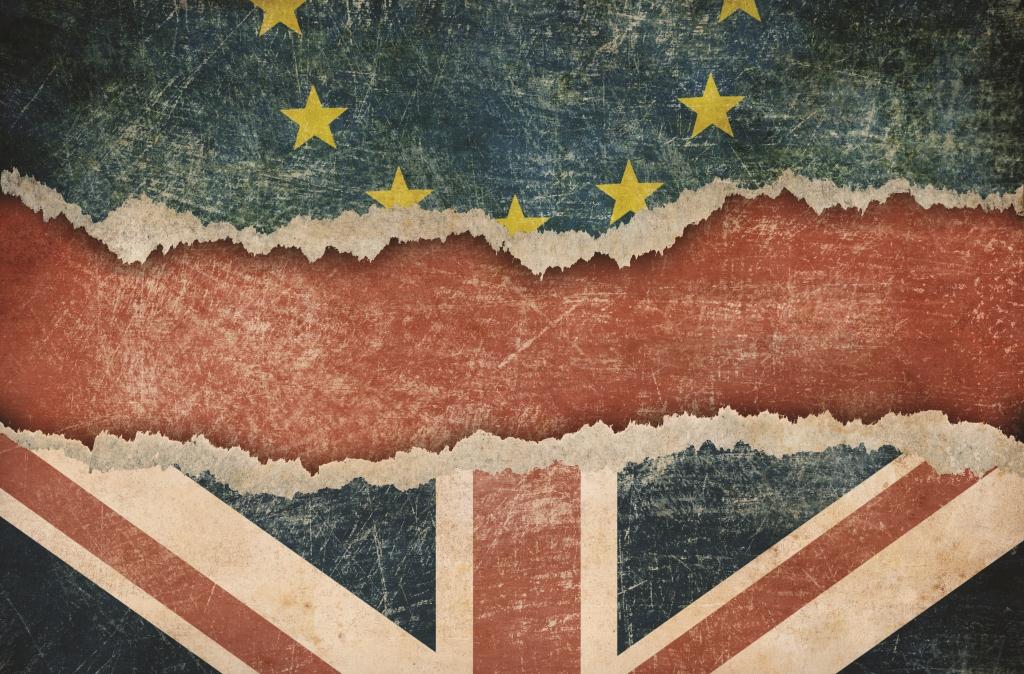Brexit was a sharp shock for the United Kingdom (UK) – Africa will feel its shockwaves in time.
According to Irmgard Erasmus, Senior Financial Economist, NKC African Economics, the biggest impact will be on forex and financial markets.
“This will primarily filter through to the real economy via the indirect impact of global risk sentiment on commodity prices, impacting the balance of payments and the monetary system, and implying that the upside risks to inflation have increased on account of exchange rate pass-through,” says Erasmus.
According to Erasmus, the African currencies most at risk from external headwinds are the Zambian kwacha, the Angolan kwanza, and the Ghanaian cedi.

Loading...
“In turn, the CFA franc zone, under the two common monetary unions (the Central African Economic and Monetary Community, CEMAC, and the West African Economic and Monetary Union, WAEMU) is implicitly vulnerable to EU developments via the impact on the euro exchange rate. CEMAC and WAEMU peg their currencies to the euro at the same rate.”
On the markets, Brexit has been felt with share prices falling and investors rushing into safe-haven assets.
According to Rian le Roux, Chief Economist at Old Mutual Investment Group, South Africa is likely to be caught in the crossfire.
“South Africa will not escape the market or economic fallout of Brexit, although the full impact will likely only become clear over time. While our financial markets will pretty much echo global markets in the short term, the medium-term impact on South Africa will be determined by the extent to which commodity prices, South Africa’s export volumes, and capital flows to South Africa, are affected,” he says.
According to Le Roux, South Africa’s already poor growth prospects will be further undermined.
As far as the direct impact of a likely recession in the UK will have on South Africa, Le Roux estimates it would be relatively small, as the UK buys only about 4% of South Africa’s exports.
“However, one area that might be negatively affected is tourism, as the UK is responsible for about 18 percent of tourist arrivals from outside Africa,” he says.
However, Old Mutual Balanced Fund portfolio manager, Graham Tucker, says they expect their clients’ portfolios to be somewhat protected.
“Within our asset allocation funds, we have been positioned lighter than usual in South African equity and listed property (collectively known as growth assets), holding significantly more cash than normal in this volatile environment,” says Tucker.
While Old Mutual has been defensively positioned, they have holdings in counters that are attractively priced and have good fundamentals, but are exposed to Brexit risk. Within the Old Mutual Balanced Fund, these include Old Mutual, Investec and, more recently, UK property company, Intu.
“We remain comfortable with these positions on a longer-term view, but there is clearly downside risk in the short term as investors grapple with the implications of the Brexit referendum outcome.”
This fund holds about 12% in South African government bonds.
“These offer an attractive real yield and in our view should provide good medium-term returns. However, they could be impacted by a selloff in emerging market assets and currencies. The initial reaction of the bond market has however been relatively muted,” says Tucker.
According to Neil Wilson, market analyst at ETX Capital, fears that Brexit would kill off deals in the UK seems to have been overblown.
“Britain is very much open for business and the weak pound is key. A lot more British firms could become foreign-owned quite soon,” says Wilson.
Steven Gamble, a banking and finance lawyer at Norton Rose Fulbright, says given its historical trade relations with Africa, he is worried about the European Union’s (EU) instability after Brexit.
“Britain is the fifth largest economy in the world. Africa is not going to be immune to this. The UK is South Africa’s fourth largest export destination so it is important. The UK is also the largest investor in the South African economy which makes it critical,” says Gamble.
According to Gamble, Ghana is looking at short-term upsides in terms of gold and Kenya is stable.
“Every year, $21 billion is remitted from the UK to Nigeria. I am interested as to why there is a lot of anxiety there because the fact that the UK has come out of the EU shouldn’t have a direct impact on remittances,” he says.
Maybe we should take Old Mutual’s advice and take Brexit as an opportunity to put cash to work and gain exposure to quality assets that are indiscriminately sold off in the panic.
Loading...
